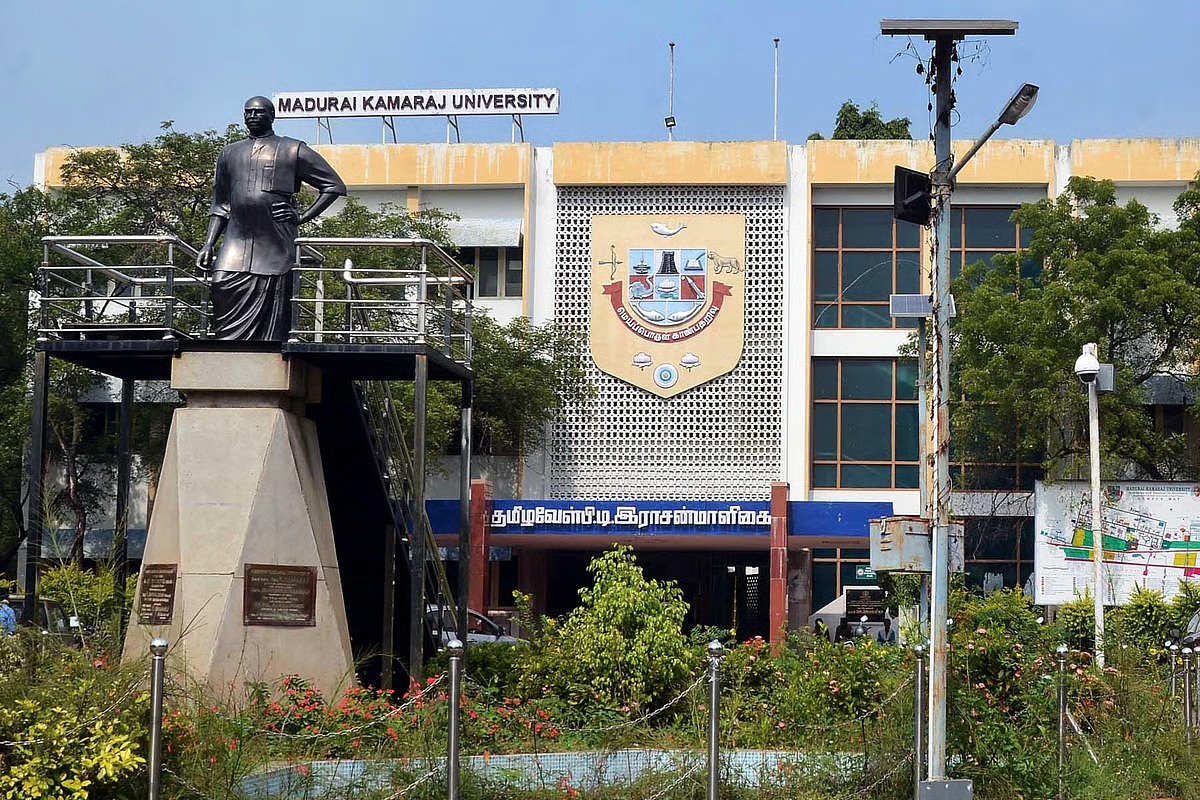John Beaumont, Kt., C.J.@mdashThis is an application in revision against an order made by one of the learned Judges of the Small Cause Court of Bombay directing the defendants to vacate certain premises. Admittedly the premises fall within the scope of the Bombay Rent Restriction Act of 1939. The original tenancy was granted by the plaintiffs to defendant No. 1 in 1926, and in 1929 the premises were sub-let to defendant No. 2, as I understand, at the same rent. Notice to quit was served by the landlord in April, 1941. The defendants resisted the making of an order to vacate as infringing the terms of the Rent Restriction Act.
2. Section 4(4) of the Bombay Rent Restriction Act defines the expression " tenant" as meaning any person by whom or on whose account rent is payable for any premises, and as including every person from time to time deriving title under a tenant. Had I been construing that definition in the absence of authority, I should have felt not the slightest doubt that a sub-tenant is included in the definition of a tenant. There can be no question that a subtenant derives title under a tenant, and the definition expressly says that a tenant shall include a person who derives title under a tenant. However, my attention has been drawn to certain cases decided under the Rent Restriction Act of 1918, which, so far as the definition of tenant is concerned, was in the same terms as the Act of 1939. In Suganchand v. Motilal (1921) 24 Bom. L.R. 154, Mr. Justice Pratt referred to the definition of "tenant", and then said : "Granting that the sub-tenant derives title from the tenant, still he is not within the definition unless rent is payable by him or on his account to the landlord." I find it difficult to follow that reasoning, Reading the definition in extenso, it comes to this that the expression "tenant" means any person by whom or on whose account rent is payable for any premises, and includes every person from time to time deriving title under any person by whom or on whose account rent is payable for any premises. I cannot see how one can extract from that definition any direction that the liability to pay rent must be to the original landlord. Rent may be payable to an intermediate landlord, and the definition of "landlord" in the Act includes a tenant who sub-lets. However, that view has found some favour in later cases, and Mr. Thakor insists that it is binding upon me. Technically, of course, it is a decision on a different Act, though similarly worded. Generally speaking, a Judge ought to follow a decision of a Court of co-ordinate jurisdiction as to the construction of an Act of the Legislature, but Judges are not entitled to legislate, or to bind their successors to a construction of an Act, which the language plainly does not justify. It seems to me that Mr. Justice Pratt has completely ignored that part of the definition which includes a sub-tenant, and I feel considerable doubt whether, if it were necessary for me to decide the question, I ought to follow Mr. Justice Pratt''s view. The extent of the definition is of very great importance, because the argument of the plaintiffs is that the fundamental principle of the Act is to protect tenants, and as the definition of "tenant" excludes, by reason of this decision, a sub-tenant, the Act protects tenants only, and sub-tenants are not entitled to any protection. The learned Judge has adopted that view, relying to some extent on decisions of English Courts under the English Rent Restriction Acts, which are not worded in terms identical with those of the Indian Acts, Under the English Act of 1923 sub-letting without the consent of the landlord took the premises out of the Act, and in my view decisions on the English Acts are not of much help in construing the Indian Act. I would agree that the fundamental principle of the Rent Restriction Act is to protect persons in occupation of the class of premises which fall within the Act, and not to protect persons who are making profits by sub-letting such premises. But in my opinion there is no reason for supposing that the Legislature intended to protect only tenants, who hold from the superior landlord, and not sub-tenants who hold from an intermediate landlord. The definitions of "landlord" and "tenant" and the. terms of Section 15(1)(a) seem to me to preclude such an idea. However, for the purpose of my present judgment I will assume that defendant No. 2 as sub-tenant is not entitled to object to an ejectment order. That point, however, is really immaterial; because I consider that defendant No., 1 has a perfectly good answer to the landlords'' claim for possession, and defendant No. 2 will get the benefit of defendant No. 1''s defence.
3. The section which prevents the Court from making orders for possession of premises included in the Act is Section 11, which provides that no order for the recovery of possession of any premises shall be made as long as the tenant pays or is ready and willing to pay rent to the full extent allowable by the Act and performs the other conditions of the tenancy. Assuming that a tenant includes only the original tenant of the landlord, still defendant No. 1 is willing to pay the rent payable under the Act, and, therefore, prima facie he cannot be excluded, and if he is not excluded, defendant No. 2 is safe as against the plaintiffs. But then it is pointed out that there is a proviso to Section 11, which directs that nothing in the section shall apply, amongst other things, where the landlord can show any cause which may be deemed satisfactory by the Court. It is argued that the fact that the original tenant has sub-let the premises should be deemed to be a satisfactory reason for making an order for ejectment, and it is said that the learned Judge has accepted that view, and that I ought not in revision to interfere with the exercise of his discretion. If I thought that he had decided the case merely as an exercise of his discretion, I should not interfere in revision, but it is clear to my mind from his judgment that he thought that the fact that the tenant had sub-let compelled him to make an order of ejectment. If the Legislature had intended that sub-letting by a tenant was to constitute a good ground for making an ejectment order in favour of the landlord, I have no doubt that the Legislature would have so provided. Moreover, it is relevant to note that under the former Act of 1918 Section 9 was expressed in the same terms as Section 11 of the present Act, and there was passed subsequently, in 1923, an amending Act which provided:
The fact that a tenant the term of whose lease has expired has after the 21st day of August 1922, without the written permission of his landlord, sublet the premises or that a tenant has, after the said date and without the said permission, sublet the premises for a period extending beyond the term of such lease, shall, in the former case at once and in the latter case after the expiry of the sub-lease, be deemed to be a satisfactory cause within the meaning of Sub-section (2) but not otherwise.
The fact that it was thought necessary in 1923 to provide that sub-letting after a specified date should be deemed to be a good ground for an ejectment order seems to me to show plainly that in the'' Act, as it originally stood, sub-letting was not regarded as a good ground for making an ejectment order; and the present Act of 1939 is in the same terms as the original Act of 1918. It may be that in future the Legislature will pass an amending Act corresponding to the Act of 1923, and providing that sub-letting after some future date is to be deemed a sufficient reason for the Court making an ejectment order; but in the absence of any such provision, I am of opinion that mere sub-letting of the premises or part thereof is not by itself a good cause for making an ejectment order and taking the case out of Section 11.
4. I think, therefore, that the learned Judge failed to exercise the jurisdiction conferred upon him by the Act, because he held that under authorities decided by the English Courts he was unable to exercise his discretion unfettered. The learned Judge expressed regret at the end of his judgment that he was forced to arrive at the conclusion at which he did arrive, because he felt that he was depriving under-lessees of protection which they were probably intended to enjoy under the Act. It is possible that in future the cases to which I have referred, which have held that sub-tenants are not within the definition of tenants, may have to be reviewed; but until they are, assuming those cases to be good law, I think that in a case like the present, where the original tenant is a party and opposes eviction, the Court is not at liberty to make an eviction order merely because there has been under-letting.
5. I therefore allow the application, and dismiss the plaintiff''s suit, with costs throughout.

